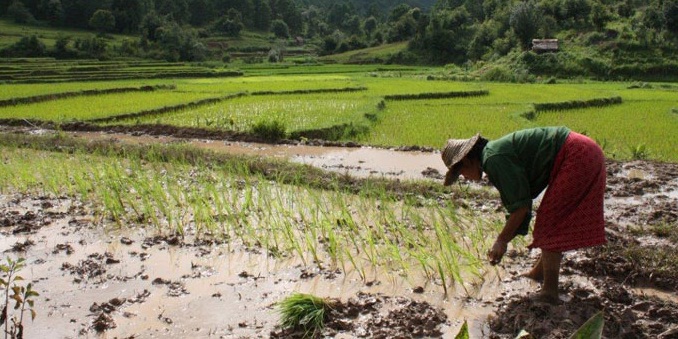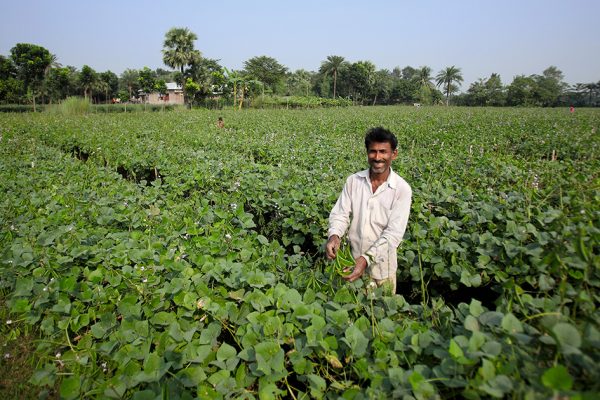Tea and argument in Yangon
Reading Time: 2 minutes
By the time we reached Rangoon Tea House – a fabled place mentioned in many travel literature- it was raining hard. The country representative of BRAC in Myanmar was taking me out to a legendary destination. We met his friends at a table with a fan whirring above with the blades shaped like palm leaves. Ancient black and white movies were projected on the wall with no sound; the silent movies contrasted with the bantering voices in the large room as people chatted and laughed.
By the time we reached Rangoon Tea House – a fabled place mentioned in many travel literature- it was raining hard. The country representative of BRAC in Myanmar was taking me out to a legendary destination. We met his friends at a table with a fan whirring above with the blades shaped like palm leaves. Ancient black and white movies were projected on the wall with no sound; the silent movies contrasted with the bantering voices in the large room as people chatted and laughed.
I was in the city to discuss Myanmar-Bangladesh relations but I wear another shirt- that of BRAC. Soon we got into discussing poverty reduction and why scale mattered. “Small is beautiful but large is necessary,” I said echoing Sir Fazle Hasan Abed whose idea that it is not very effective pushing poverty alleviation programmes unless large numbers are able to change their life. “That is why the ultra poor programme is so significant because it improved the life of so many over a short period of time. We have halved the number of extreme poor.”
But what about changing values, our friends asked. What about changing the ways people look at life? I argued that unless livelihood issues are resolved, value changes are not possible. “Our experience shows that poverty overwhelms the value structure and so the social system collapses.”

Photo: world-odyssey.com
But how do you give rights to women? Our friends were concerned that participating in livelihood pursuits creates more difficulties for women. Begging to differ, most of us opined that many work for women particularly in the industrial sector are degrading in a low wage industrial regime, but economic opportunities are the first step.”
So we went on arguing in the late hours of a rainy Yangon night convinced that Bangladesh despite all its difficulties was making a difference because organisations like BRAC worked believing that scale matters even if it isn’t good looking at first. That more lives had changed for the better because women participate in paid work. But of course the work conditions must improve.
The fan in the ceiling whirred on and on.
Currently into microfinance, BRAC Myanmar has reached 10,439 clients since May 2014, and planning to expand into the agricultural sector.
Afsan Chowdhury is a senior advisor at BRAC.





